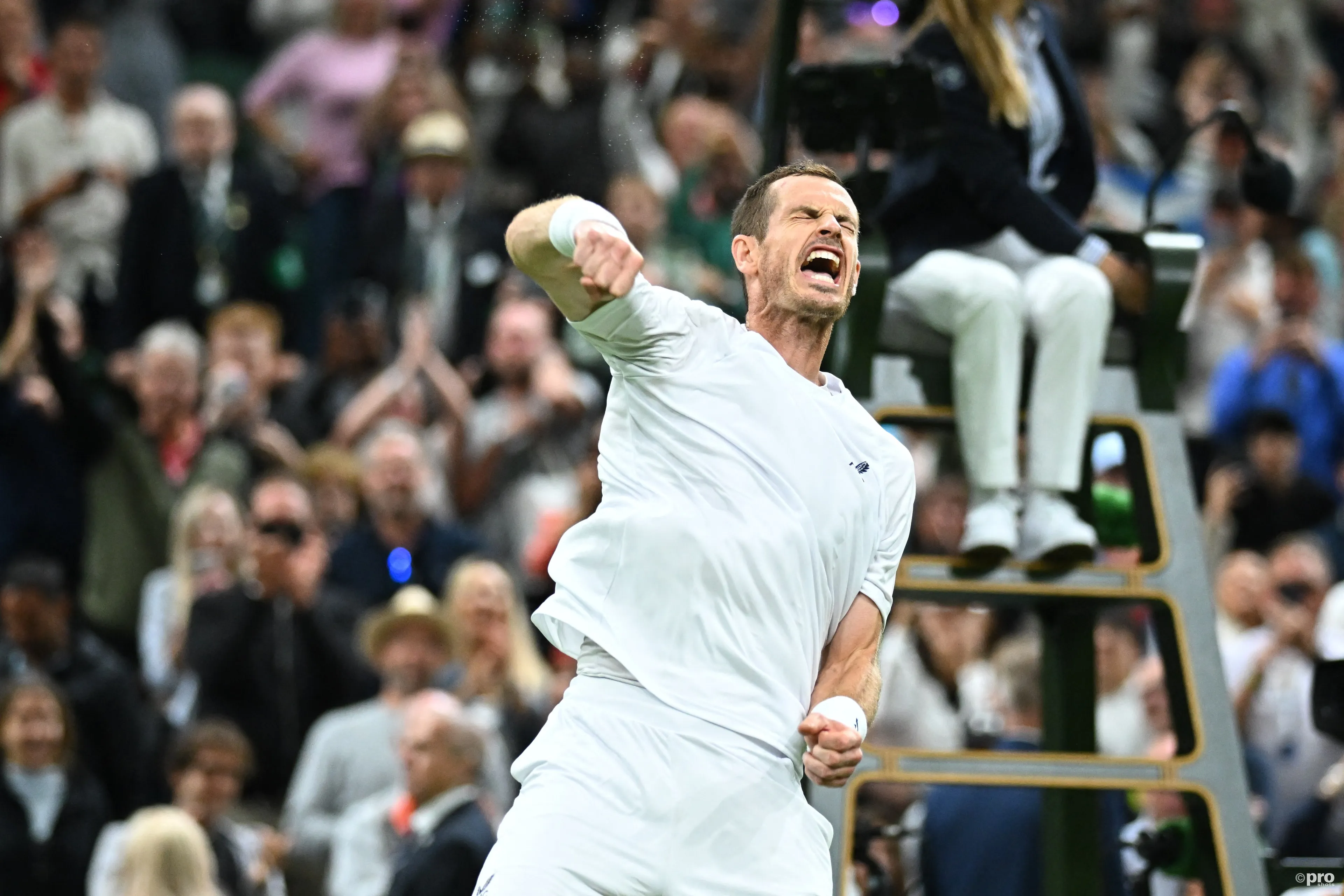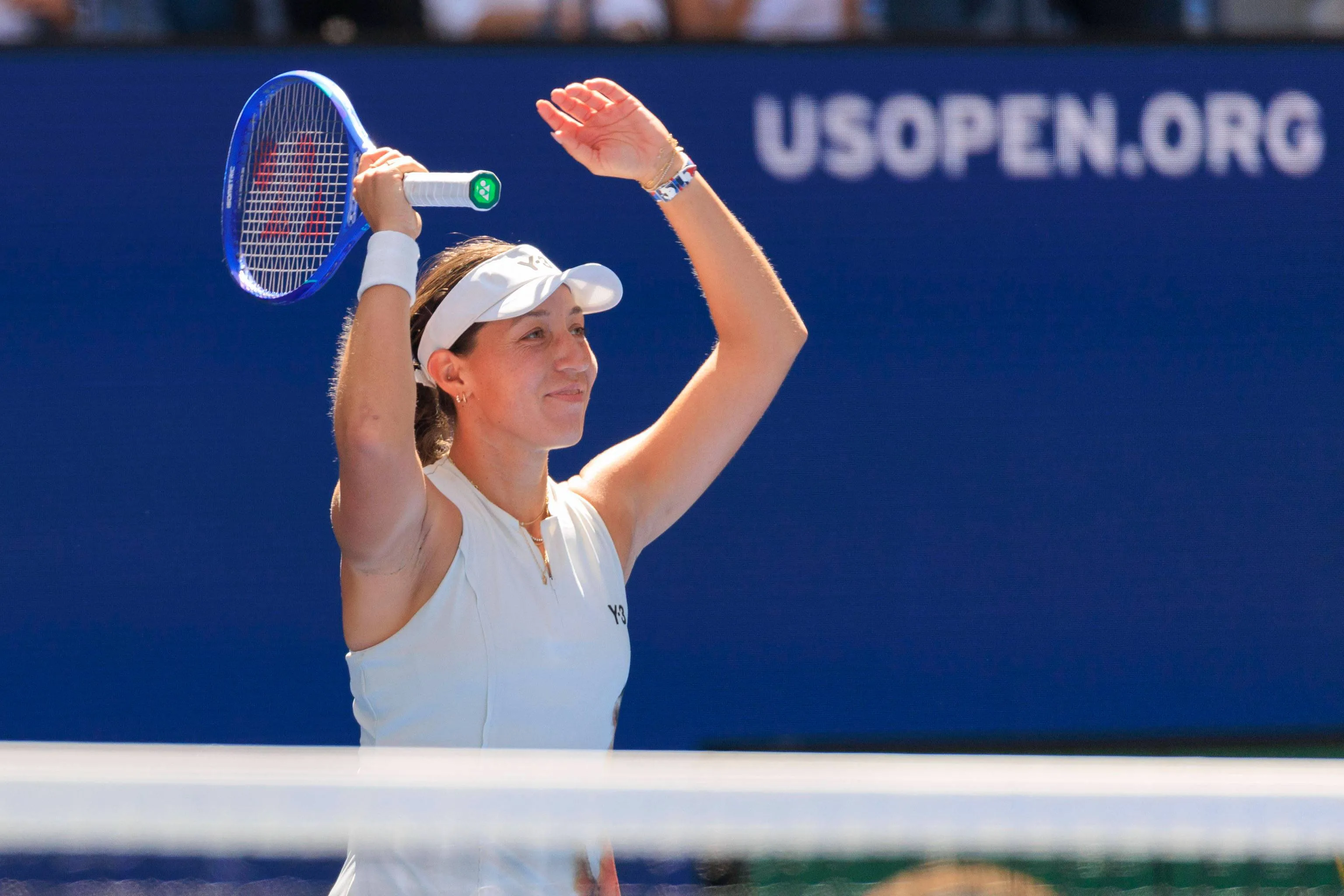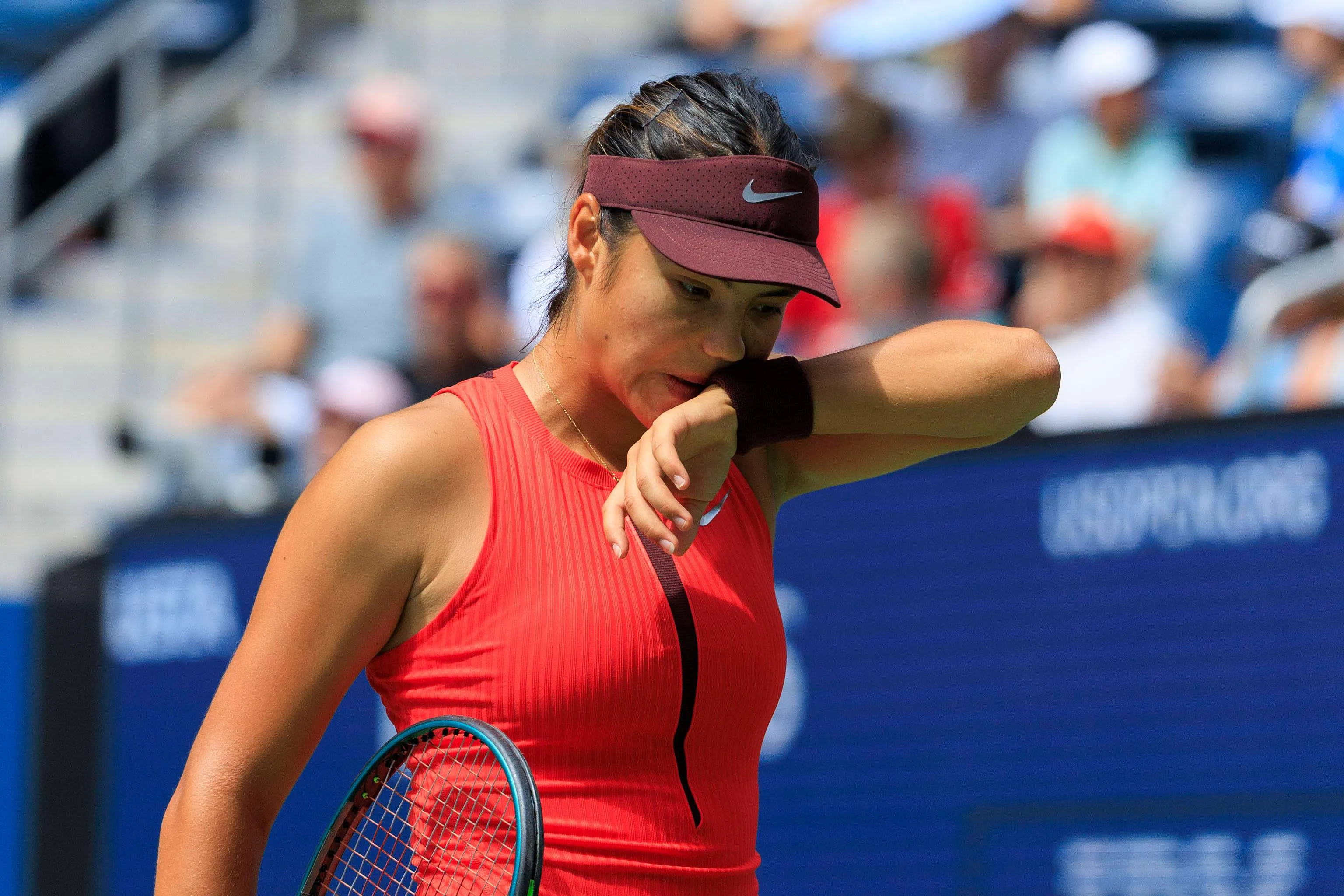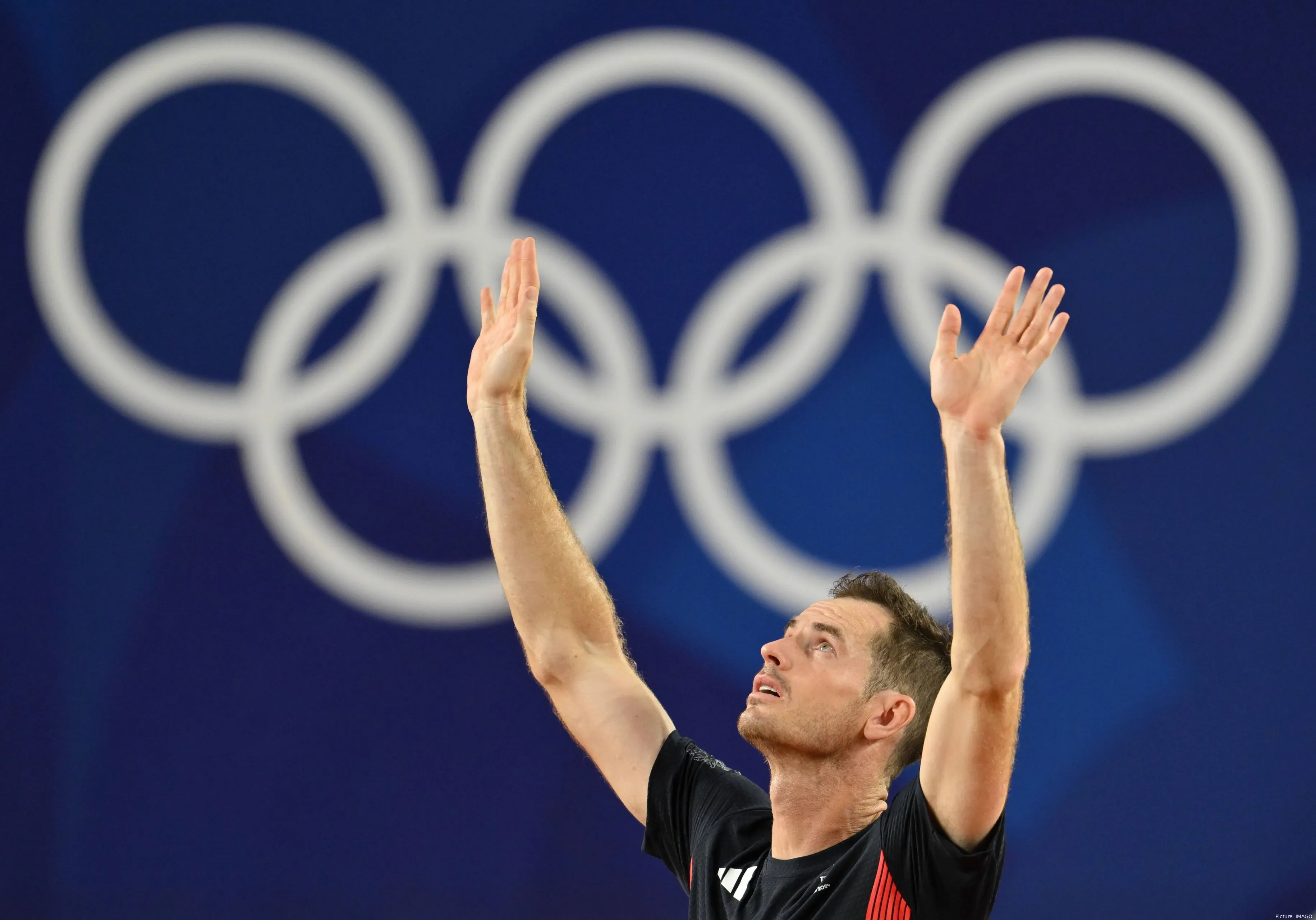
Let's take a moment to appreciate Andy Murray's legendary Olympic career, which stands out as a testament to his exceptional talent and dedication. Andy Murray is one of the best players we've ever had, yet he doesn't get mentioned often when we are discussing some of the best players we've ever heard. It's a pretty silly thing because, yes, his achievements don't look as impressive when they are listed out compared to others, but you can't look at it that way. That's too simplistic and narrow when it comes to Murray.
A player who has won 3 Grand Slams won't stick out too much in a list like that because for example, Carlos Alcaraz has 3 Grand Slams. In a few months the Spaniard might be above Murray in that list but would you argue that his overall resume is better than Murray's? Not yet but it's heading that way. When you talk about Murray you have to observe within a certain context.
Read also
His career has many asterisks, but that doesn't take anything away from him. You have to have a special lens through which you're going to analyze his career for it to make any sense. Even if his numbers pale to some others, he's still a legendary player and arguably one of the best to ever play the game. You have a player who played during an era that is the best in tennis by far, and it's not even close. His 3 Grand Slams mean a lot more than some other player's six because of the era in which he played. Being able to win any grand slams in that era is simply impressive.
Playing at the peak of the 'big three' and winning grand slams, as he did, winning Masters, as he did, is truly remarkable. It was an incredibly tough feat, as he didn't just have to contend with one exceptional player, but three of them, consistently and for many years. This is why we are reflecting on his Olympic legacy, a testament to his resilience and determination in such tough competition.
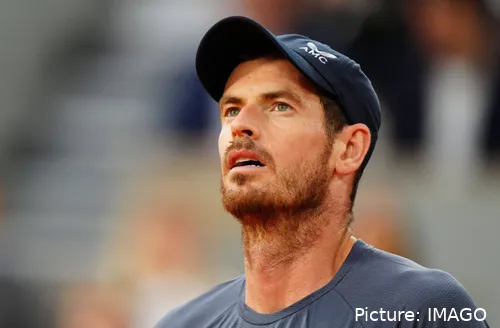
Andy Murray 2024
Perhaps the most impressive part of Murray's overall resume is the Olympic legacy he left. The Olympic games, while they may not rank highly in the tennis hierarchy, are actually one of the most impressive achievements a player can have. They only come around every four years, which in itself makes them incredibly hard to win. Murray's success at the Olympics is a testament to his skill and dedication.
It's important to note that those who compete in the Olympics strive to win the medal. While there have been some unexpected winners in the past, like Nicolas Massu and Monica Puig, generally, the competition is fierce. In the past 20 years, during which Murray played, most players took the Olympics very seriously. Rafael Nadal, Novak Djokovic, and Roger Federer all aimed to win the gold medal and put in a tremendous effort.
Just look at how much it meant to Novak Djokovic to win the gold medal finally, so saying that it doesn't really matter is simply wrong. It matters, and it's one of the hardest things to win in tennis. So what makes Murray's Olympic career so special? Well, it's certainly the best out of all the big three, and that in itself tells you all you need to know. Now, you might think it's not better but it's simply better because he's achieved more. Measuring the success rate at the Olympics is pretty simple because there are three things you can win, and that's all there is to it. If you don't get a medal, especially if you don't get the gold medal, you haven't done much at the Games.
Read also
2012 Olympics London
So what did Murray exactly do at the Olympics? Well, let's take a look. Murray's first glory at the Olympics came at his home Olympics in London in 2012. The event was played on grass, which boded well not only for him but also for some other players. Roger Federer was the main favorite after he had just won Wimbledon a month before. Novak Djokovic was certainly in contention, and there were some other players, like Juan Martin Del Potro, that were dangerous as well.
The player Federer defeated in the Wimbledon final was Andy Murray, and it was a pretty comfortable win for the Swiss ace in four sets. A month later, he would face the same player in the final of the Olympics, but this time around, Andy Murray played amazingly and won in three sets. The beatdown he handed Federer in that one was notable and well-remembered among many tennis fans. That was gold number one for him, but as we know, certainly not the last he'd win.
The Brit concluded his Olympic career recently at the Paris Olympics with a total tally of 3 medals, one of which was a bronze won in mixed doubles with Laura Robson. That, too, came at the 2012 Olympics, which are certainly remembered as his best Olympics when it comes to medals, which is what counts. He would win one more medal, though, and it came at the Rio Olympics in 2016 when Murray would again play some amazing tennis to find himself in the final.
That run to the final was pretty impressive for the Brit because he bested Juan Martin Del Potro, who has been a menace at the Olympic Games for the longest of time. Novak Djokovic jokingly blamed the Argentine for missing out on the gold medal for many years, though that joke doesn't hold much weight anymore as the Serbian just won the gold at the Paris Olympics.
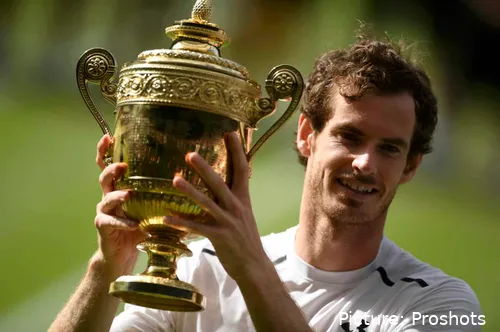
Andy Murray Wimbledon 2016
Andy Murray's Olympic standing is truly unique. He holds two gold medals in singles, a feat unmatched by Djokovic, Nadal, or Federer. In fact, among the big three, only Nadal and Djokovic have a singles gold medal, while Murray has two. This places him at the top of the standings not only among the big three but also in comparison to all other players.
Sure, some players have won more than 3 medals overall and more than two gold singles medals overall, but most of those players played 100 years ago. You can't compare those achievements to Murray's. The sport was totally different, and the competition wasn't as fierce as it was in these new eras. In recent history, Murray's Olympic legacy firmly stands above any other male tennis player. The best best player at the Olympics, we've seen in recent memory, and while Nicolas Massu also has two gold meds they happened at the same Olympics.
Read also
That's a crazy achievement as well but it still doesn't top Murray's who was able to do it at two different Olympics. Just doing the same thing four years apart at the peak of the Big Three when they all fought for the medals is too good. Nobody in the Open era has two single gold medals outside of Murray, and that's the type of legacy we're talking about. Nobody comes close to that level of achievement, and it's just amazing. It's not really talked about much, but now that he's officially a retired player, we can look back and marvel at everything he was able to achieve.
It's a pretty important thing to remember when it comes to his legacy because it solidifies what we've asserted above - that he's one of the best players in history. While his Grand Slam numbers pale compared to the Big Three or some other legendary players like Pete Sampras, this achievement proves just how good he was.
His Masters tally is a bit better and his trophies tally compared to other players, but being able to outplay the field that included the big three at the Olympics ending up with the best Olympic resume out of all of them is notable. Simply doing that is amazing because very few players have generally been able to top the Big Three in anything and to do it at the Olympics is even more impressive.
That's why saying goodbye to the sport at the Olympics was a very fitting end. No player played better at the Olympics than Andy Murray and even his final appearance came close to the medal round. Imagine if he retired from the sport with a medal. That would have been even better, but it wasn't too bad either way.
So there you have it. Andy Murray and his legacy at the Olympics tops everybody else in the Open Era and remember he did it when Novak Djokovic, Roger Federer, and Rafael Nadal played some of their best tennis. Let that sink in.
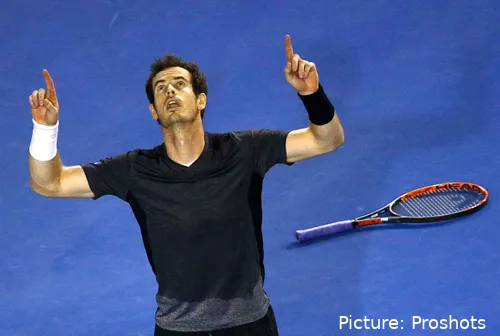
claps 0visitors 0
Just In
Popular News
Latest Comments
- The poor Head Sportswasher has been whining and crying in the media, and basically threatening Saba, Iga, etc. Must be a real Ego Buster when they dangle money and people (especially Women) say, 'No thanks'.
- "Losing-itis" is not uncommon in Emma's small world. Just keeps begging the question, 'What are sponsors paying for? Limited tennis appearances... or Social Selfie Media presence?'
- Dubai can suck it up like everyone else. Just because they think they run the show, they do not. Sportswashing does not give them Power.
- You're losing your mind here.. You use a lot of space, yet inadequate knowledge. Read the WTA Rule Book 2026; it answers all your questions and accusations.
- Why single out Iga and Aryna to punish?, Since when do players get punish because they withdraw from tournaments? Maybe if they both were treated like number one and two players, they would not have this problem. The WTA discriminates against them because of their nationalities, yet they want to make money off them. Every tournament, Iga has harder draws than qualifiers from the beginning to the end. In the Australian Open they stuck Aryna out in the sun the majority of her matches in order to tire her out. She is the number one player in the world and she never got the opportunity to play with the roof closed. If they want these top players to continue playing and making money for them, then they should treat them as such. Otherwise, get the players who they are always giving out cupcake draws to like Pegula to play their tournaments. Lets see how many seats in the audience she will fill. Iga has more fans in the seats than any player in the WTA, yet she is always disrespected and mistreated because of her nationality. The WTA is a corrupt, bias and racist organization. No matter what job someone is on, you cannot tell them that they are not sick or injured.
- LOL. Billie Jean King hates being a woman.
- Pulling out a tournament is not illegal. Therefore, that is no problem. Maybe they need more rest.
- It is simple. If you do not want cameras following you, get away from tennis and go find another job. Cameras and interviews are a part of the job. They do not mind cameras when they are winning. If the women tennis players would put the same amount energy to playing tennis as they do with complaints, women tennis would be exciting to watch.
- Yeah, that's what I would do... be nice and lose a match
- Turns out Swiatek is as big a cheater as Draper (remember vs FAA?)when she didn’t admit to hitting a double bounce drop shot. The blind chair ump didn't even see it on the replay but fortunately got the correct call from someone on the phone (supervisor?) we all saw it…..it wasn’t even a close call. Great win Sakkari !!
Loading

